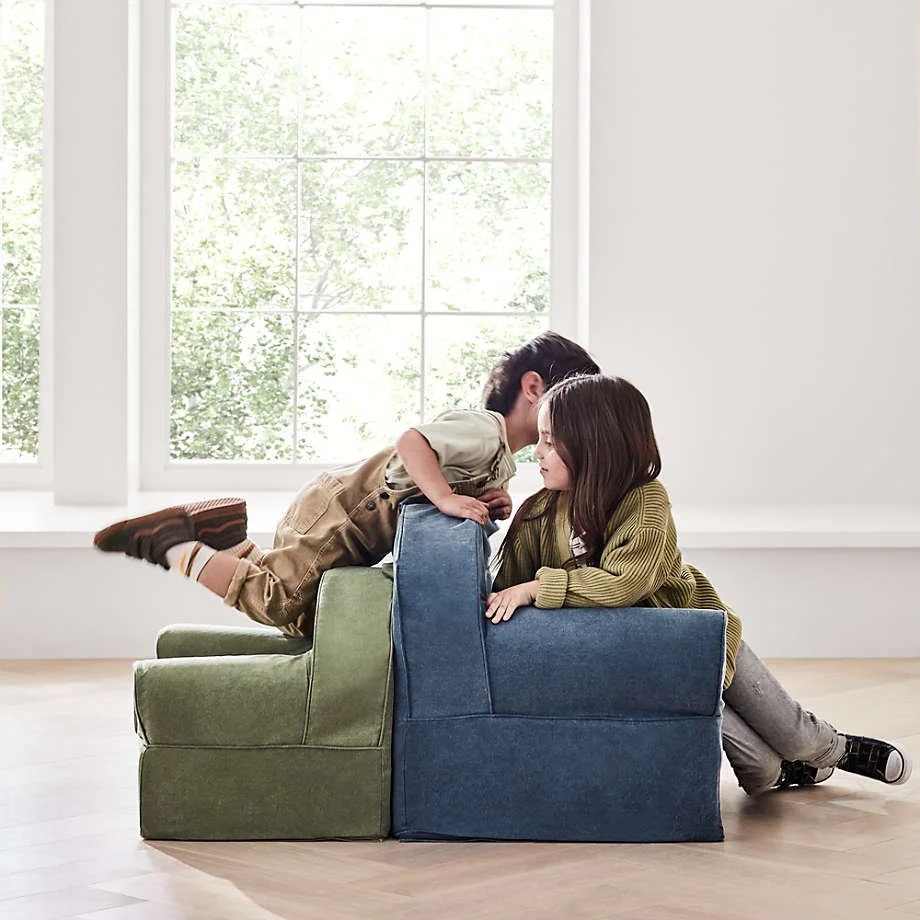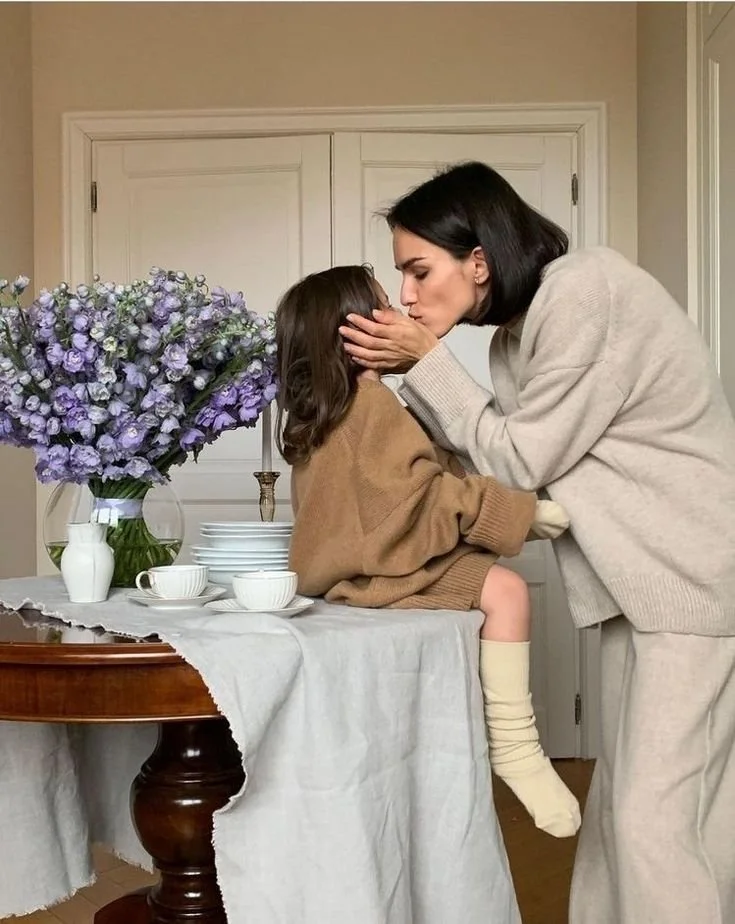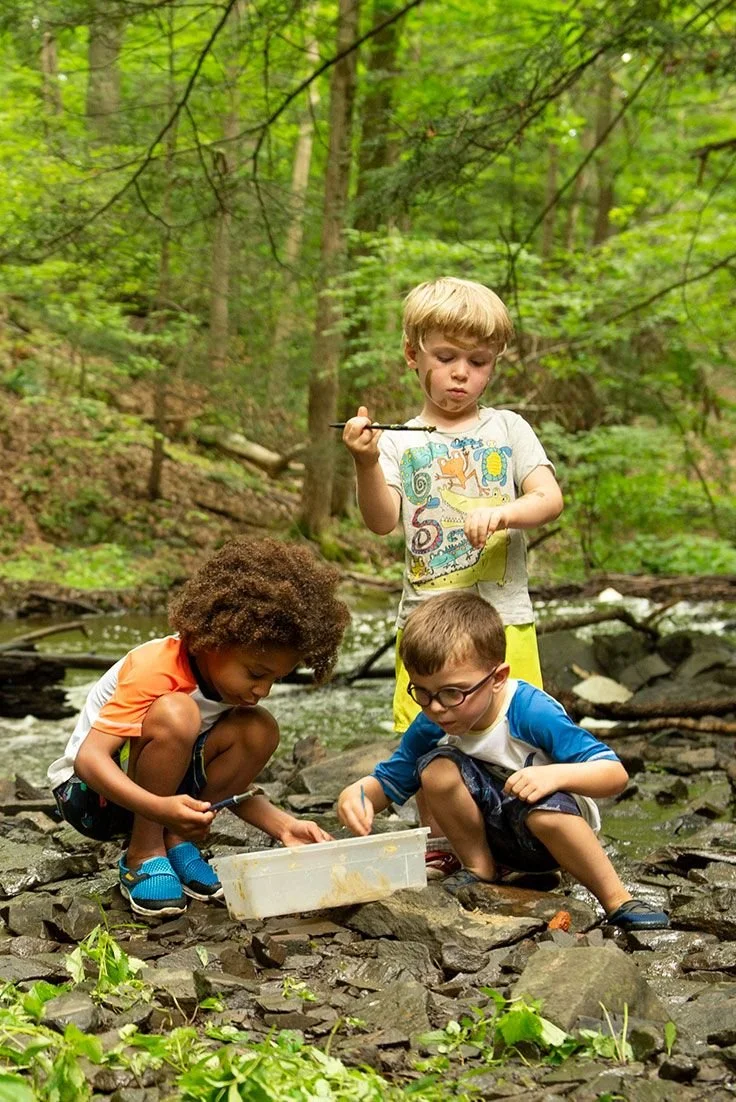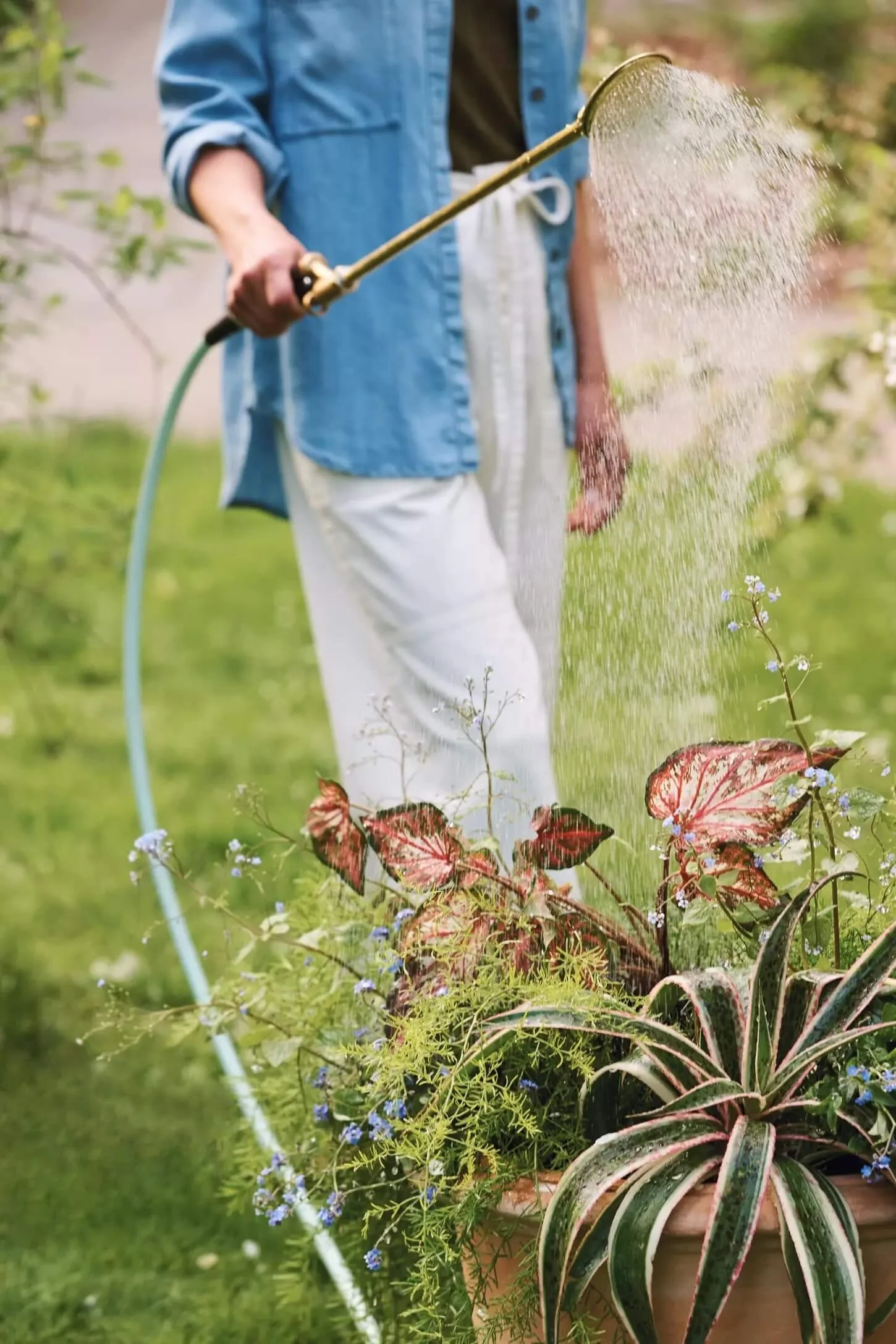Boosting Kids' Self-Esteem Through Art And Creative Expression
Building confidence in children is a key aspect of their growth, as it equips them with the courage to face challenges and embrace new experiences. Confidence allows kids to approach life with a positive attitude, enabling them to take on tasks independently and overcome obstacles.
Outdoor activities are particularly effective in fostering this confidence. When children engage in outdoor play, they explore their surroundings, engage in physical activities, and interact with others. Activities like climbing, playing sports, and exploring nature offer valuable opportunities for kids to take risks, conquer fears, and achieve personal milestones.
For families in Toronto, the city’s abundant outdoor spaces provide an ideal environment for confidence-building activities. Parks, playgrounds, and various family-friendly events offer numerous ways for children to engage in outdoor fun and develop their self-esteem. Toronto’s vibrant cultural scene also presents valuable opportunities for kids to explore music and art, which are equally powerful in instilling confidence.
Through music lessons, art schools, and creative workshops, children in Toronto can express themselves, discover their creative talents, and further boost their self-esteem. In this article, we explore the numerous ways that art and creative expression can significantly enhance and boost children’s confidence levels. We examine how engaging in various artistic activities fosters a sense of accomplishment and self-worth in kids, empowering them to freely express themselves.
No. 1
Encouraging Self-Expression through Art
Art is a wonderful way for children to express themselves. Through creative activities, kids can communicate their thoughts, feelings, and ideas in ways that words may not always allow. Whether they are drawing a picture of their favorite animal or painting a scene from their imagination, art gives children a voice.
This form of self-expression is important because it helps kids understand and process their emotions. When children see their ideas come to life on paper or canvas, they feel a sense of pride in their creativity, which strengthens their confidence.
Parents in Toronto who want to nurture this aspect of their child’s development can explore various options, such as enrolling their child in an art school. These schools offer structured environments where children can learn new techniques while still having the freedom to explore their creativity.
In such settings, kids can try different forms of art, receive guidance from instructors, and interact with other young artists. Look up the keyword Toronto art schools near me on any search engine to find the right school for your child.
No. 2
Fostering Problem-Solving Skills
When children sit down to create something, they often have to figure out how to bring their ideas to life. This could mean deciding which colors to use, how to make shapes fit together, or how to fix a mistake. Each of these challenges requires problem-solving skills.
As children work through these challenges, they learn to think critically and come up with solutions. This ability to solve problems in creative ways is a valuable skill that can boost their confidence, not just in art but in other areas of life as well.
Moreover, engaging in art teaches resilience. When children face a challenge in their artwork—like a picture that doesn’t turn out as they planned—they have a choice: give up or try again. Choosing to continue, adjust their approach, and keep working helps them build perseverance. Over time, children who regularly engage in art develop a mindset that sees challenges as opportunities to grow rather than as setbacks.
No. 3
Building Perseverance and Patience
Art also teaches children the importance of perseverance and patience. Completing an art project often requires time, effort, and attention to detail. Whether it’s a painting that takes several days to finish or a craft that involves many steps, children learn that good things take time.
This process of working through a project step by step helps children understand the value of patience. They realize that even if they don’t get it right the first time, continuity will help achieve their desired outcome. This experience of seeing a project through to completion, despite the challenges, can give children a deep sense of accomplishment.
When children complete an art project, they often feel a strong sense of pride in their work. They can see the results of their effort, and this tangible evidence of their ability to create something beautiful or meaningful boosts their self-esteem.
Skillshare
Skillshare offers online kids’ classes where they can dive into creative classes taught by experts and experienced artists
No. 4
Enhancing Social Skills and Collaboration
Art isn’t just a solitary activity; it can also be a great way for children to build social skills. Through art, children discover that combining their efforts with others can lead to creating something bigger and more meaningful than what they could achieve alone.
In addition to fostering teamwork, group art activities also provide children with opportunities to build friendships. As they work side by side with their peers, they share experiences, give and receive feedback, and celebrate each other’s successes. These interactions help children develop confidence in social settings as they learn to navigate relationships and communicate effectively. For kids who might be shy or hesitant to engage with others, participating in collaborative art projects can be a great way to boost their self-esteem.
No. 5
Providing a Safe Space for Exploration
One of the most important aspects of art is that it offers children a safe and supportive environment where they can explore their creativity without fear of failure. In an art classroom or studio, there are no right or wrong answers—only opportunities to experiment and try new things. This freedom to explore encourages children to take risks and push the boundaries of their creativity. They learn that making mistakes is part of the creative process and that each mistake is a valuable learning experience. This understanding helps children develop a growth mindset, where they view challenges as opportunities to improve rather than as obstacles.
Having a safe space to explore also means that children can express their individuality without judgment. In art, every child’s perspective is unique, and this uniqueness is celebrated. When children feel that their ideas are valued and respected, they gain confidence in their abilities and their creative voice.
No. 6
Celebrating Individuality and Unique Perspectives
In a world where there is often pressure to conform, art provides a space where children can be themselves without fear of judgment. Whether they are choosing colors that reflect their mood or creating a piece that tells their personal story, children learn that their perspective is valuable and worth sharing. This affirmation of their uniqueness helps build a strong and confident self-identity.
As children continue to engage in creative activities, they become more comfortable expressing their ideas and opinions. They learn that it’s okay to stand out and that their differences make them special. This confidence in their individuality translates into other areas of their life, such as school or social interactions, where they feel more assured in expressing themselves.
Takeaways
Art is a powerful tool for building confidence and self-esteem in children. Through creative activities, kids learn to express themselves, solve problems, work with others, and celebrate their individuality. These experiences help them develop important life skills and also give them the confidence to face challenges and believe in their abilities.
LOOKING For HOME RESOURCES?
Looking to enhance your living space and create a sanctuary that supports your well-being? Explore our home partners who offer a wide range of resources to elevate your home environment.































